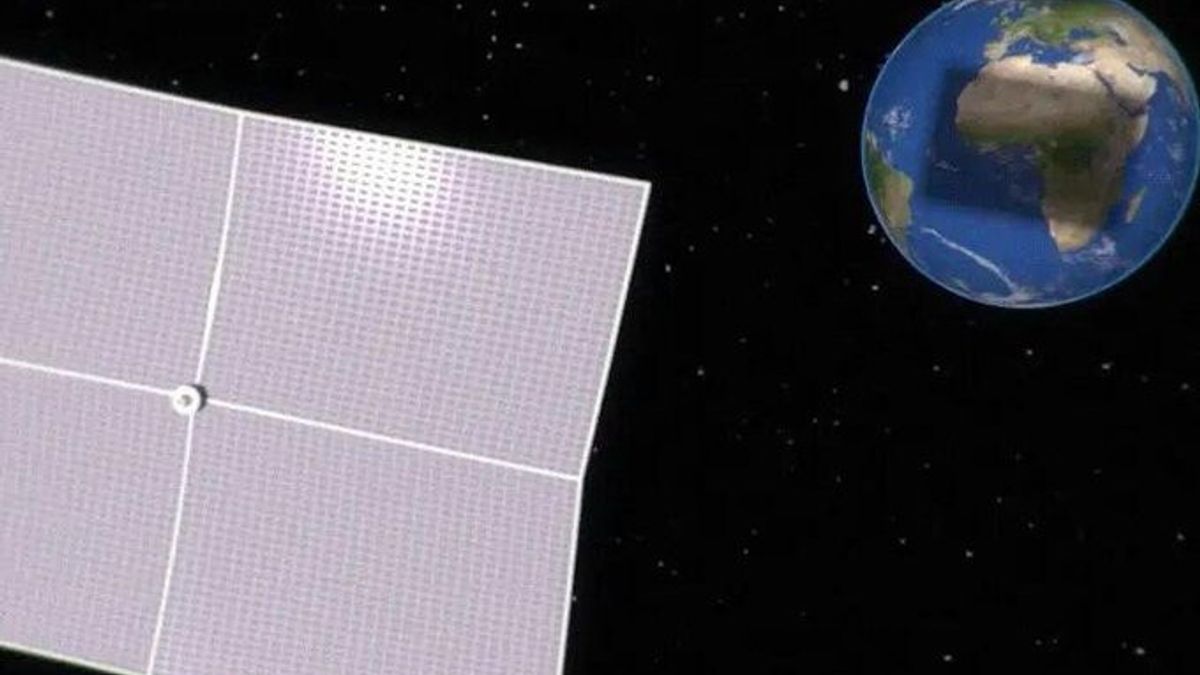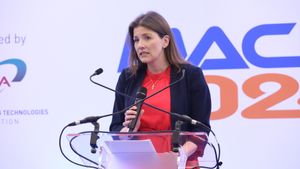
JAKARTA - A technology startup in Israel is developing a crazy idea to reduce the effects of global warming on Earth by creating a giant Argentine-sized umbrella that will block sunlight.
This idea stems from Israeli researchers who believe that this one million square mile "payung" could lower Earth's temperature by 2.7 degrees Fahrenheit in two years.
A team at Israel's Institute of Technology, Technion, is seeking up to 20 million US dollars (Rp315.5 billion) to make a prototype with an area of 100 square feet, which they say could materialize in 2027.
The "Payung" will be more than nine million miles from Earth and move through space by opening and closing the retaining layer.
Although the researchers are pushing for this proposal, critics say that the costs for the "megastructuring" will be enormous - Israeli designs are expected to reach trillions.
The project, called Cool Earth, will require an umbrella of 2.5 million square miles, but due to its size, the team said it should launch a smaller range of umbrellas.
"The demonstrators' satellites will move variables towards the sun and return to earth, by controlling the retaining screen," the team said on its website.
관련 항목:
Although the sun's umbrella can reduce warming as other strategies to tackle climate change are being pursued, some experts believe that this effort is futile.
Susanne Baur, a doctoral candidate at the European Center for Research and Advanced Training in Scientific Computation in France, said the giant umbrella would "pay a huge fee and could not be implemented on time."
In addition to costs, solar storms or asteroids could damage the shield, "corresponding to sudden and rapid warming with very bad consequences."
Baur continued to explain that the trillions of dollars needed for the solar umbrella could be used better to reduce emissions on Earth and remove carbon dioxide from the atmosphere.
Nevertheless, Morgan Total, executive director of the Payung Planet Foundation, a non-profit organization, said that the umbrella is likely in the future due to cheaper space travel costs.
"We think that when the idea of a solar umbrella becomes more understood by climate experts, it will be a pretty clear part of the discussion," saidLAy, who is also senior director of chapter Angeles of Sierra Club.
The English, Chinese, Japanese, Arabic, and French versions are automatically generated by the AI. So there may still be inaccuracies in translating, please always see Indonesian as our main language. (system supported by DigitalSiber.id)

















